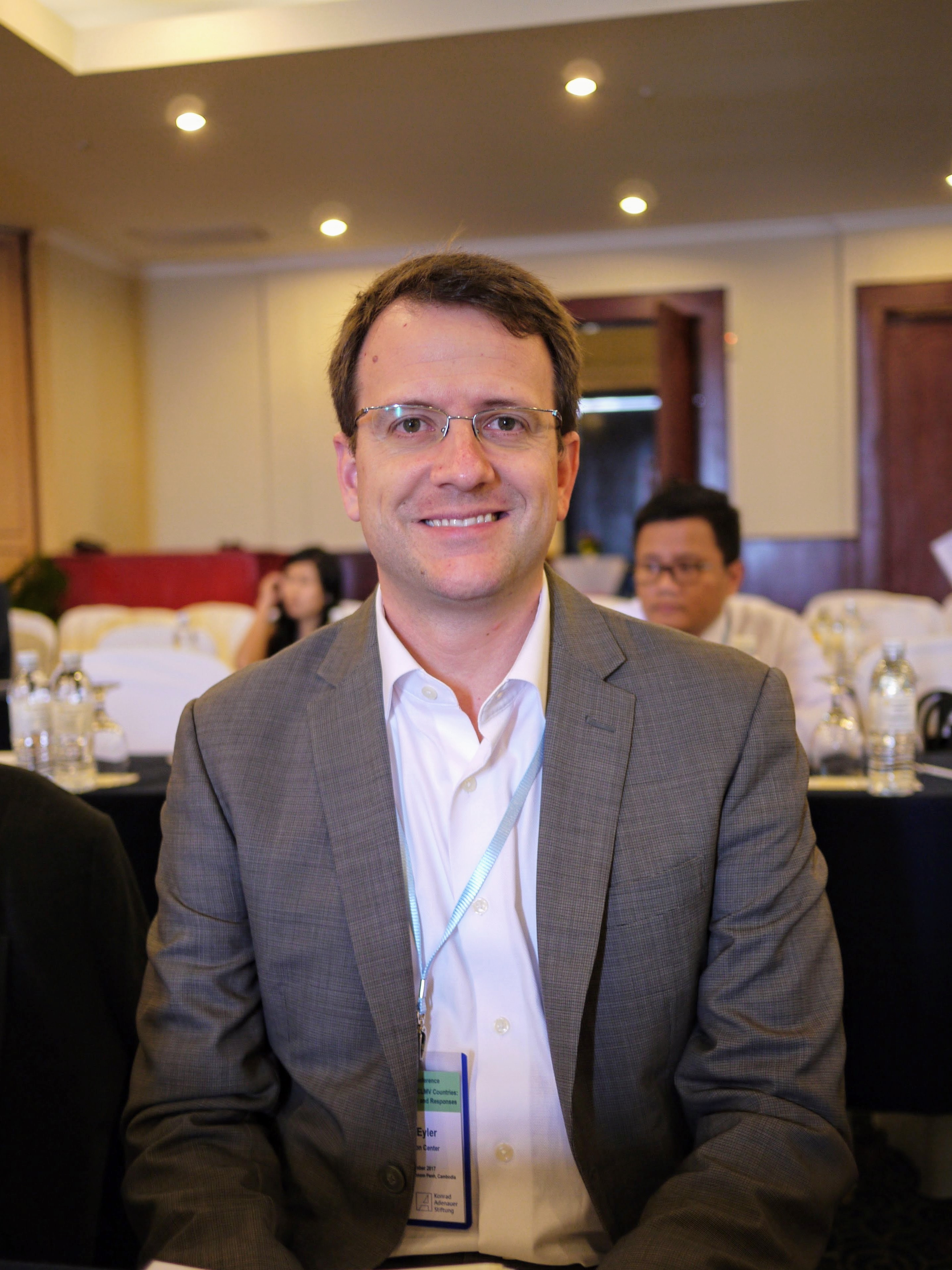|
The Stimson Center
The Stimson Center, named after American statesman, lawyer, and politician Henry L. Stimson, is a nonprofit, nonpartisan think tank that aims to enhance international peace and security through analysis and outreach. The center's stated approach is pragmatic – seeking to provide policy alternatives, solve problems, and overcome obstacles toward a more peaceful and secure world. Stimson's work addresses a range of global issues, focusing on challenges to peace and prosperity, such as nuclear proliferation, arms trafficking, water management, wildlife poaching, and responses to humanitarian crises. Stimson seeks to provide expertise for the policymaking community – the U.S. executive and legislative branches, international institutions and governments, and policy research institutions – as well as the media, academia, and general public. In 2013, Stimson received the ''MacArthur Award for Creative and Effective Institutions''. Stimson was ranked 21st best U.S. think tank in th ... [...More Info...] [...Related Items...] OR: [Wikipedia] [Google] [Baidu] |
Think Tank
A think tank, or policy institute, is a research institute that performs research and advocacy concerning topics such as social policy, political strategy, economics, military, technology, and culture. Most think tanks are non-governmental organizations, but some are semi-autonomous agencies within government or are associated with particular political parties, businesses or the military. Think-tank funding often includes a combination of donations from very wealthy people and those not so wealthy, with many also accepting government grants. Think tanks publish articles and studies, and even draft legislation on particular matters of policy or society. This information is then used by governments, businesses, media organizations, social movements or other interest groups. Think tanks range from those associated with highly academic or scholarly activities to those that are overtly ideological and pushing for particular policies, with a wide range among them in terms of th ... [...More Info...] [...Related Items...] OR: [Wikipedia] [Google] [Baidu] |
Africa
Africa is the world's second-largest and second-most populous continent, after Asia in both cases. At about 30.3 million km2 (11.7 million square miles) including adjacent islands, it covers 6% of Earth's total surface area and 20% of its land area.Sayre, April Pulley (1999), ''Africa'', Twenty-First Century Books. . With billion people as of , it accounts for about of the world's human population. Africa's population is the youngest amongst all the continents; the median age in 2012 was 19.7, when the worldwide median age was 30.4. Despite a wide range of natural resources, Africa is the least wealthy continent per capita and second-least wealthy by total wealth, behind Oceania. Scholars have attributed this to different factors including geography, climate, tribalism, colonialism, the Cold War, neocolonialism, lack of democracy, and corruption. Despite this low concentration of wealth, recent economic expansion and the large and young population make Afr ... [...More Info...] [...Related Items...] OR: [Wikipedia] [Google] [Baidu] |
India
India, officially the Republic of India (Hindi: ), is a country in South Asia. It is the seventh-largest country by area, the second-most populous country, and the most populous democracy in the world. Bounded by the Indian Ocean on the south, the Arabian Sea on the southwest, and the Bay of Bengal on the southeast, it shares land borders with Pakistan to the west; China, Nepal, and Bhutan to the north; and Bangladesh and Myanmar to the east. In the Indian Ocean, India is in the vicinity of Sri Lanka and the Maldives; its Andaman and Nicobar Islands share a maritime border with Thailand, Myanmar, and Indonesia. Modern humans arrived on the Indian subcontinent from Africa no later than 55,000 years ago., "Y-Chromosome and Mt-DNA data support the colonization of South Asia by modern humans originating in Africa. ... Coalescence dates for most non-European populations average to between 73–55 ka.", "Modern human beings—''Homo sapiens''—originated in Africa. Then, int ... [...More Info...] [...Related Items...] OR: [Wikipedia] [Google] [Baidu] |

